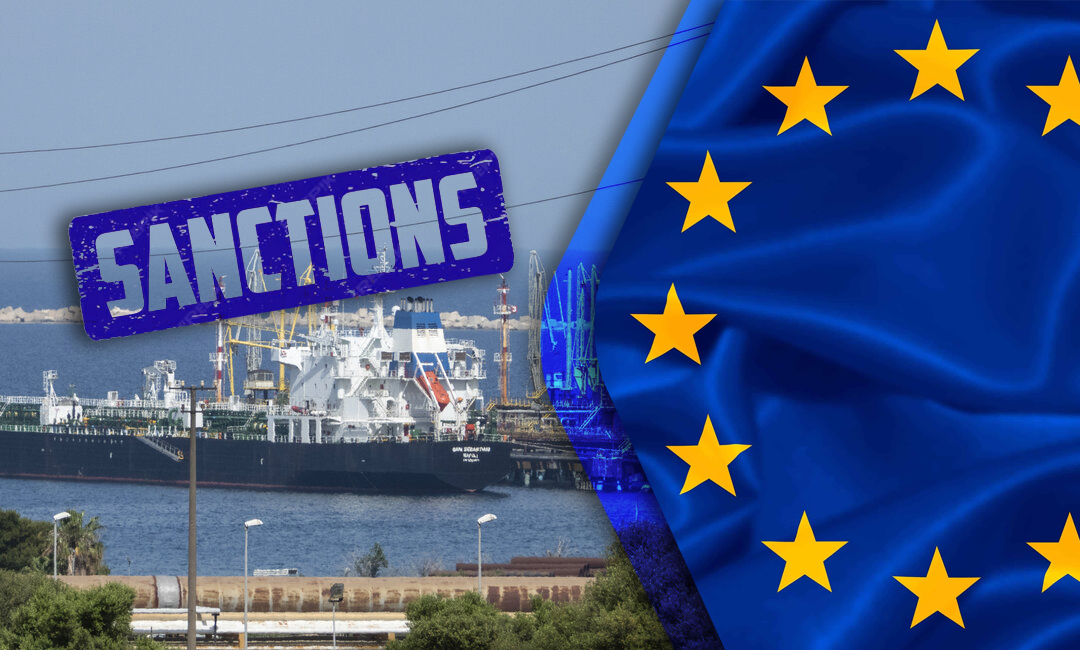EU Prepares Legal Framework to Block Russia’s Shadow Fleet in the Baltic Sea

The European Union is drafting new legal measures that would allow member states to detain or block Russian “shadow fleet” tankers operating in the Baltic Sea.
The Gaze reports this, referring to a post by Andriy Yermak, Head of the Office of the President of Ukraine.
The initiative builds on sanctions proposals Kyiv submitted last year and could soon materialize into binding EU decisions.
“Our sanctions proposals from last year may soon turn into concrete action,” Yermak wrote on social media. “The use of international law and NATO countries’ readiness to enforce it sends a clear signal to the Kremlin: its attempts to circumvent sanctions are failing.”
As reported by EUObserver, the new measures could lead to the detention of at least 16 unflagged Russian vessels under Article 110 of the UN Convention on the Law of the Sea, which permits the inspection of stateless ships suspected of illegal activity.
The proposal will form part of the EU’s 19th sanctions package, expected to blacklist an additional 120 oil tankers linked to Russia’s sanctions-busting network, bringing the total to 568 vessels.
Although many of these ships no longer enter EU ports, they continue to use the Baltic Sea to transport Russian oil and petroleum products, often transferring cargo at sea to disguise origin and ownership.
Analysts estimate that one in every six oil tankers worldwide, about 17% of the global fleet, is part of Russia’s “shadow fleet.” Since early 2025, the number of such ships has surged to nearly 1,000, representing a 45% increase over the previous year.
Ukraine’s Main Intelligence Directorate reports that these vessels, collectively carrying more than 100 million tons of capacity, are typically old, poorly maintained tankers purchased at discount prices to avoid insurance and sanctions restrictions.
The shadow fleet enables Moscow to continue exporting crude oil outside Western oversight, using tactics such as ship-to-ship transfers, flag concealment, and falsified transponder data, often operating in the Baltic Sea, Mediterranean, and Indian Ocean.
Yermak emphasized that the EU and NATO must move faster to close loopholes that allow Russia to profit from sanctioned oil exports. “Moscow is already waging a hybrid war against Europe. In this struggle, speed matters,” he said.
As The Gaze previously informed, Ukraine proposed a sweeping new package of sanctions designed to intensify economic pressure on Russia, including measures against more than 400 vessels in Moscow’s so-called “shadow fleet” and tougher restrictions on oil trade.